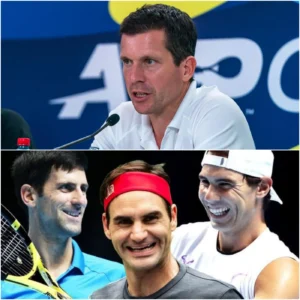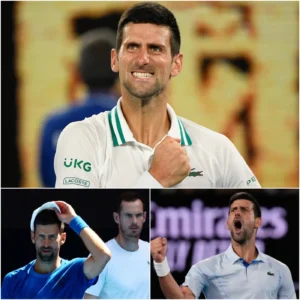Aryna Sabalenka Speaks Out: ‘I Don’t See How I Can Trust the System’ Amid Doping Controversies
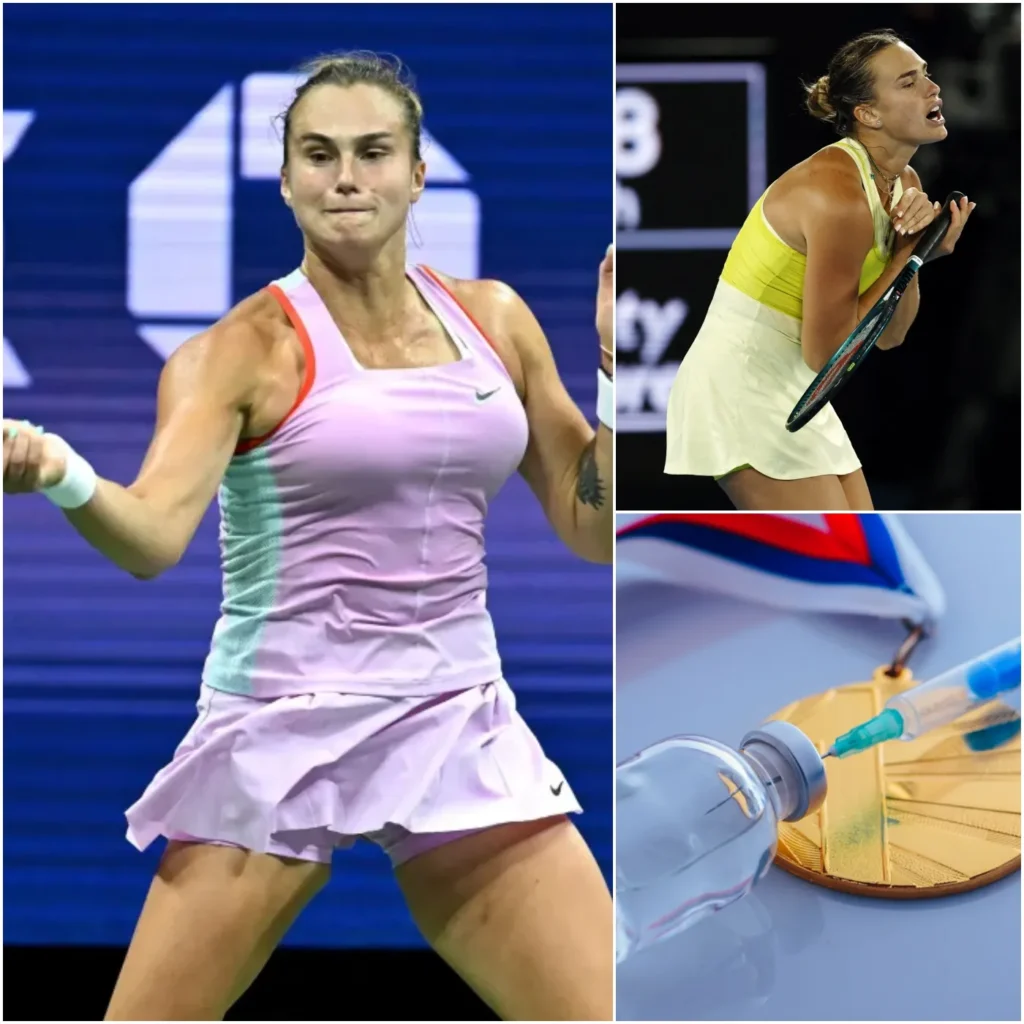
Tennis has long been lauded as a sport built on grit, grace, and glory—but in the eyes of Aryna Sabalenka, it’s quickly turning into a game of paranoia, fear, and constant vigilance. The three-time Grand Slam champion is speaking out about the mental toll the sport’s anti-doping system is taking on clean athletes. Her concerns aren’t just theoretical—Sabalenka’s fears are based on recent high-profile doping cases involving some of tennis’ biggest stars, including Jannik Sinner and Iga Swiatek.
“I don’t see how I can trust the system,” Sabalenka told The National, her voice tinged with frustration and concern. Her remarks, though sobering, reflect a much deeper problem within the sport: the anti-doping system is now a ticking time bomb, ready to ruin careers at the slightest misstep.
Sabalenka’s candid statement isn’t just a critique of the system—it’s a call to action, one that’s bound to raise eyebrows, spark controversy, and, likely, leave a bad taste in the mouths of tennis officials. But when you look closer, her concerns might just hit a nerve.
‘You Just Become Too Scared’: Sabalenka’s Growing Fears
The 26-year-old Belarusian’s words are powerful: “Things get to your head.” In the past, Sabalenka wouldn’t think twice about leaving a glass of water unattended at a restaurant. Now, she admits, she won’t even drink from the same glass.
That’s the level of paranoia the anti-doping system has pushed her to. It’s no longer about protecting her health—it’s about protecting her career. “If someone used a cream on you and you test positive, they’re not going to believe you,” she said. “You just start to be more careful.”
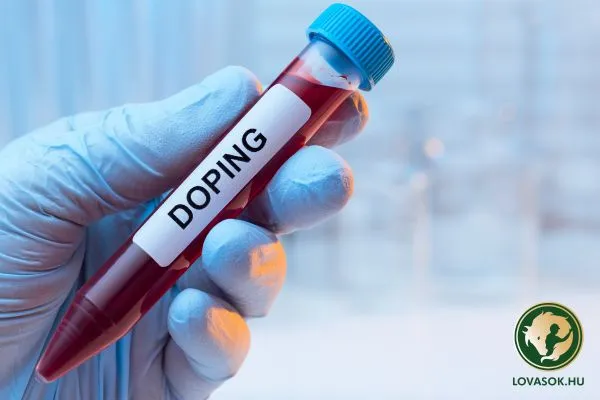
For someone with a fearsome on-court reputation, the idea of her career being derailed by a single moment of carelessness sounds almost absurd. But for Sabalenka and countless other elite athletes, this is reality. Her fears stem from real, recent events: the doping cases that have plagued the sport in the last year.
Jannik Sinner and Iga Swiatek: A Tale of Two Contaminated Cases
Sabalenka’s concerns are well-founded. In 2023, both Jannik Sinner and Iga Swiatek found themselves embroiled in doping cases that could have ended their careers.
Sinner, the Italian powerhouse, tested positive for clostebol, a banned substance often found in topical creams and sprays. The culprit? A contaminated spray used by his physiotherapist. Despite being initially cleared of wrongdoing, the World Anti-Doping Agency (WADA) appealed the decision, and Sinner was forced to settle with a three-month suspension to avoid a longer, more grueling legal battle.
Then there’s Swiatek, the darling of women’s tennis, whose own run-in with doping could have been catastrophic. She tested positive for trimetazidine, a banned heart medication that found its way into her system via a contaminated melatonin supplement. Her case ended with a one-month ban, but it raised serious concerns about the ease with which athletes can fall victim to contaminated products—something that even the most meticulous athletes can’t always avoid.
For Sabalenka, these cases are a harsh reminder of just how unpredictable—and unforgiving—the anti-doping system can be. “You just become too scared of the system,” she said. “I don’t see how I can trust it.”
Double Standards? The Controversy Around Sinner’s Case
While Sinner and Swiatek may have dodged the worst of the fallout, many in the tennis world have begun to ask: Did their high-profile status influence the outcome? Both players received relatively short suspensions—less than a month for Swiatek and just three months for Sinner—compared to some of their peers, whose doping cases have resulted in far harsher penalties.
Russian star Daniil Medvedev raised the question of fairness in Sinner’s case, suggesting that the outcome was perhaps a result of his star power rather than the facts at hand. After all, how many low-ranked players would be given the same leniency, Medvedev asked? Would they be offered the option to settle with WADA to avoid lengthy court battles, or would they be left to face the full brunt of the system?
Many fans, too, have raised eyebrows at the consistency of the rulings. While both Sinner and Swiatek managed to dodge serious punishment, past cases have not been as lenient. Does this mean the system is playing favorites—or is it simply that high-profile athletes are treated differently? The question remains murky, and Sabalenka’s comments only fuel the fire.
The Mental Toll: ‘One Mistake Can Ruin a Career’
For Sabalenka and other players, the constant fear of a doping violation has become a mental burden that rivals the physical challenges of the sport itself. With one mistake, one contaminated supplement, or even an unverified drink, an athlete’s career could be over. And when the stakes are this high, the anxiety becomes unbearable.
“This is not just about winning matches anymore,” Sabalenka explained. “It’s about protecting your career from a mistake you didn’t even make.”
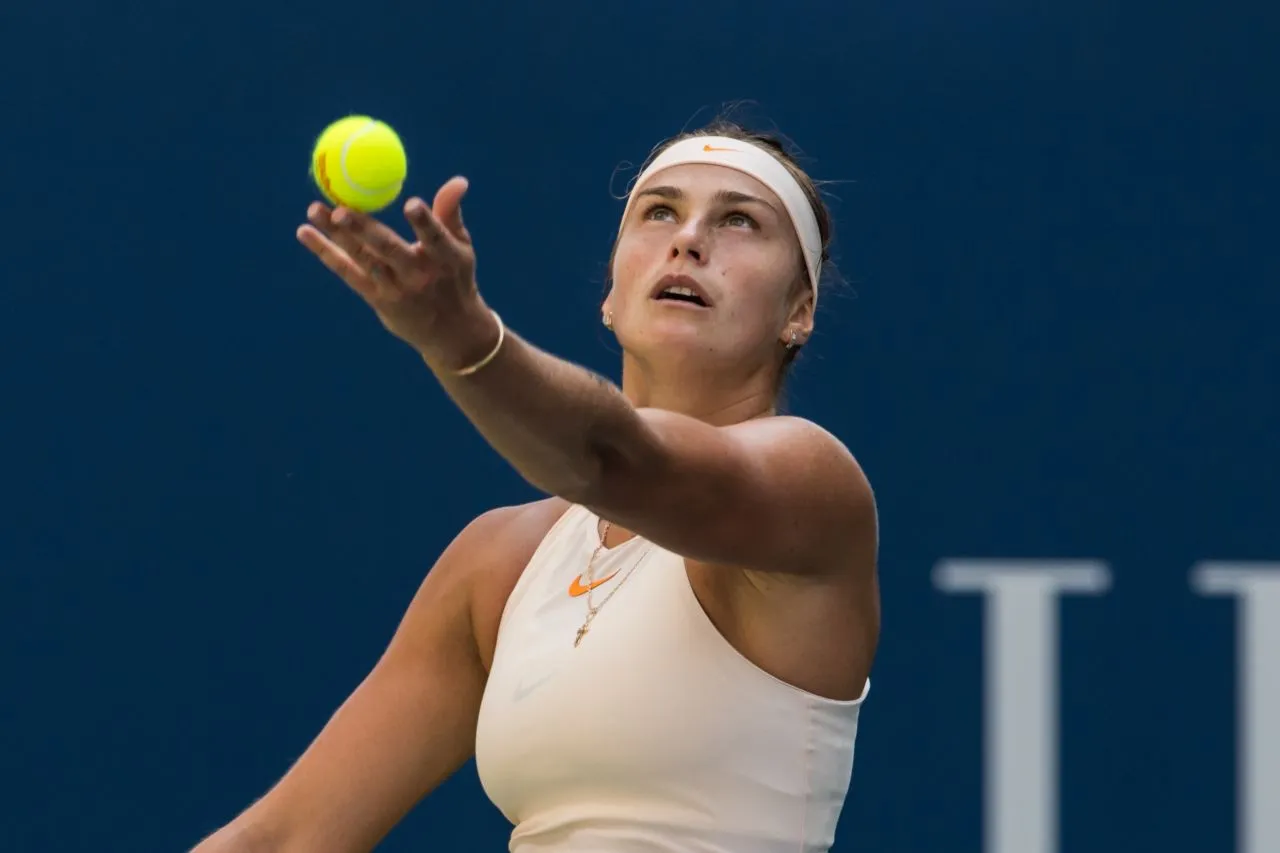
The system’s relentless pursuit of clean athletes is one thing—but its ability to destroy careers on a mere technicality is another. After all, how many athletes have tested positive for a substance they didn’t even knowingly ingest? How many players have been caught in a web of contamination, unable to prove their innocence?
As much as the anti-doping process is meant to maintain integrity in the sport, it’s clear that it’s causing irreparable harm to athletes’ mental well-being. It’s not just about staying clean—it’s about staying alive in the sport.
Is the System Fair, or Does it Need an Overhaul?
The question at the heart of Sabalenka’s concerns—and at the core of this controversy—is simple: Is the tennis anti-doping system truly fair? Or is it a ticking time bomb, waiting to destroy the careers of innocent athletes with a single mistake?
For Sabalenka, the answer is clear: it needs a serious overhaul. The mental strain, the double standards, and the ever-present fear of contamination have made her lose trust in the very system that’s supposed to protect her.
And while her outspoken critique is sure to annoy some tennis purists, one thing is certain: her voice is a reflection of something far deeper than just one individual’s fear. It’s a symptom of a flawed system that demands urgent reform.
It’s time for the sport to have an honest conversation about its anti-doping process. Otherwise, we might just see more players like Sabalenka speaking out—not out of defiance, but out of sheer desperation.
